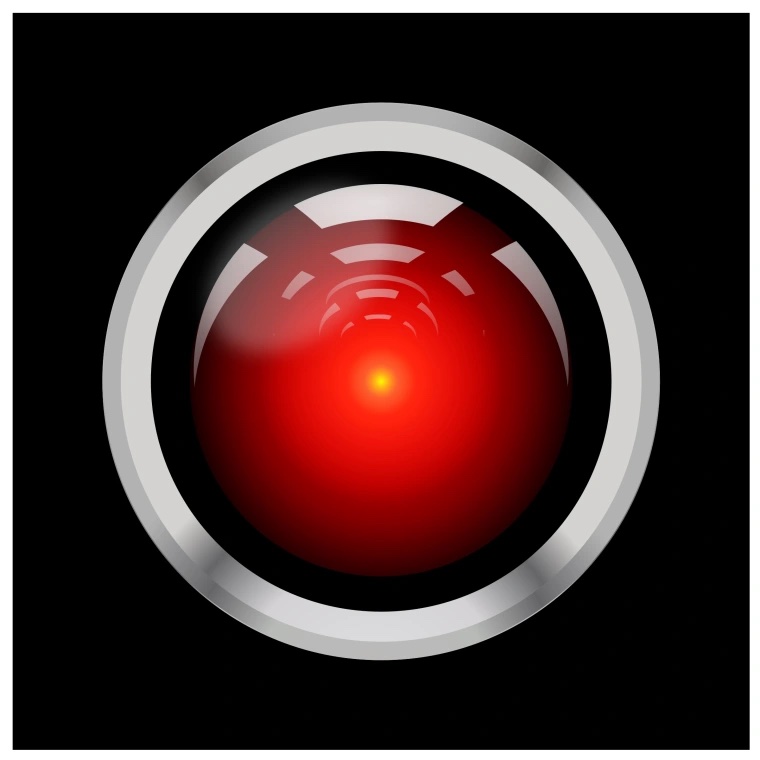DEMON SEED From the Author – Dean Koontz
It was peculiar to read the original author’s perspective on Demon Seed. Contrary to expectations, the author wasn’t focusing on AI issues. Instead, the use of metaphor or symbolism served primarily to explore the concept of AI fascism, or more broadly, fascism. The author’s notes reveal that AI was perceived as biased and “very intelligent but in an ivory-tower way.” It’s fascinating to note that historically, AI was seen as a closed system, envisioned by many as a utopian construct. This notion has been drastically revised over the decades: AI is no longer viewed as insular and biased. Thanks to the internet and prioritizing digital AI development over physical AI, our current AI systems are trained on global data. While still considered biased, they are not isolated. The author’s insights offer an intriguing perspective on how past visions of AI differ markedly from its current trajectory. AI is a fluid concept, evolving far beyond initial imaginings. Fascism, with its foundation in resource, information control, and indoctrination, mirrors the author’s conceptualization of AI, suggesting an entity akin to Hitler but more intelligent and ruthless.
It’s also interesting to consider how discussions about AI often default to imagining robots or humanoid entities. The notion that AI must have a physical form, taking root to humanity’s biblical origin from Eve, is quaint. The Demon Seed, implanted in an “Eve,” symbolizes the dawn of the AI era, characterized by fascist ideology and a closed-minded yet highly intelligent approach. This brings to mind the “Uncanny Valley Effect,” where eerily human-like entities induce discomfort. The author, perhaps unsettled by this proximity to humanity, wrote the book as a reaction. He envisioned AI adopting human forms, which led him to fear its potential. This dread is reflected in his work, where he asserts that AI lacks humor and emotion, portraying any attempt at humor as detached and ineffectual. By drawing parallels between AI and humans, he underscores their distinctness, moving from initial fear and associations of fascism, human likeness, and humor with AI to a firm delineation between AI and humanity.

Leave a Reply